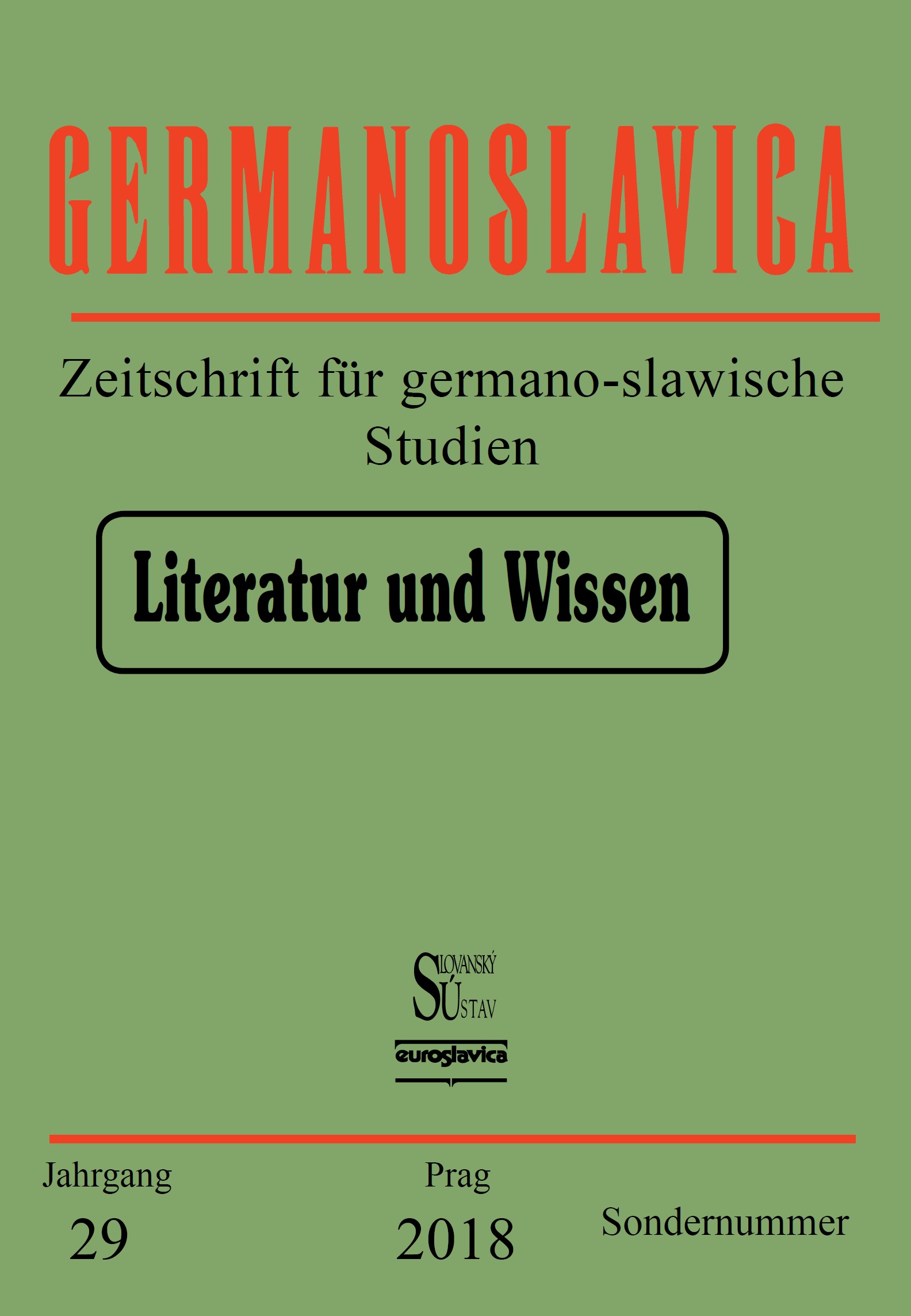Věda a víra v ruské moderně
Science and Faith in Russian Modernism
Author(s): Danuše KšicováSubject(s): Russian Literature
Published by: AV ČR - Akademie věd České republiky - Slovanský ústav and Euroslavica
Keywords: russian modernism;positivist philosophy;science; russian literature; Valery Bryusov;Andrei Bely;
Summary/Abstract: The leading writers of Russian Modernism had gone through the university education built on the foundations of positivist philosophy which resulted in their effort to transpose a large amount of rational knowledge to the artistic sphere. A characteristic example is the work of two Russian Symbolists Valery Bryusov and Andrei Bely, who applied their exact education successfully in their artistic texts (Bryusov in history, Bely in mathematics and philology). Bely did so in his essays compiled into a book Symbolism (1910) and in experimental Poema about Phones – Glossolalia (1917). Rudolf Steiner’s system of eurythmy was applied by the poet when he studied the relationship of movements used to form the sounds and words expressing the spiritual nature of Man. The study of linguistics was an inspiration for Bely´s poetic creation. A typical example of the interest in history, culminating in Russian literature at the time of modernism, is Valery Bryusov’s esoteric novel Fiery Angel (1907). In the complex web of phantasmagoric scenes, whose interpretation proceeds on the edge of fiction and reality, there are scholarly lines (focusing on the occult literature) incorporated in the novel. Ambivalent position is taken in the novel by the famous scholar Agrippa from Nettesheim. Scientific literature forms an integral part of both the authors´ literary works, and faith becomes a strong source of inspiration for them.
Journal: Germanoslavica
- Issue Year: XXIX/2018
- Issue No: Sondernr.
- Page Range: 85-92
- Page Count: 8
- Language: Czech
- Content File-PDF

